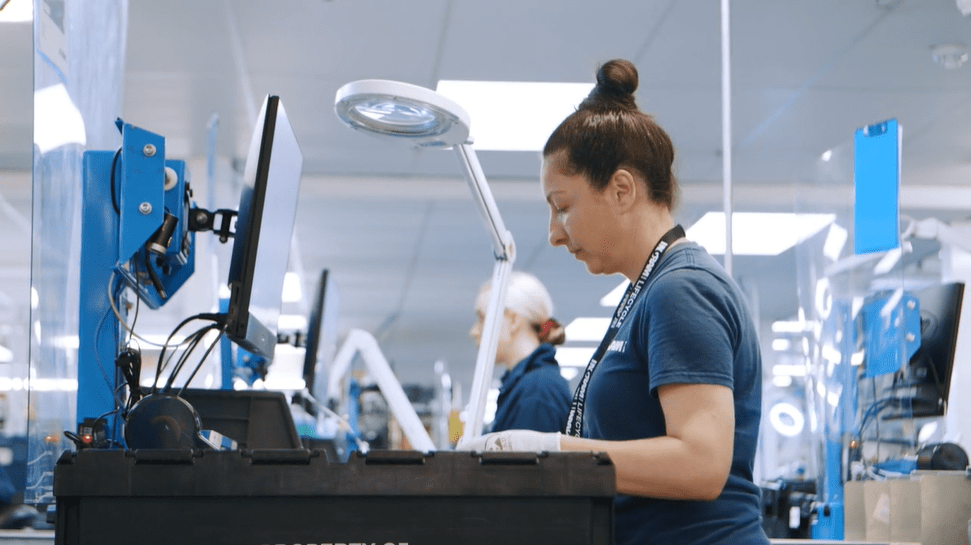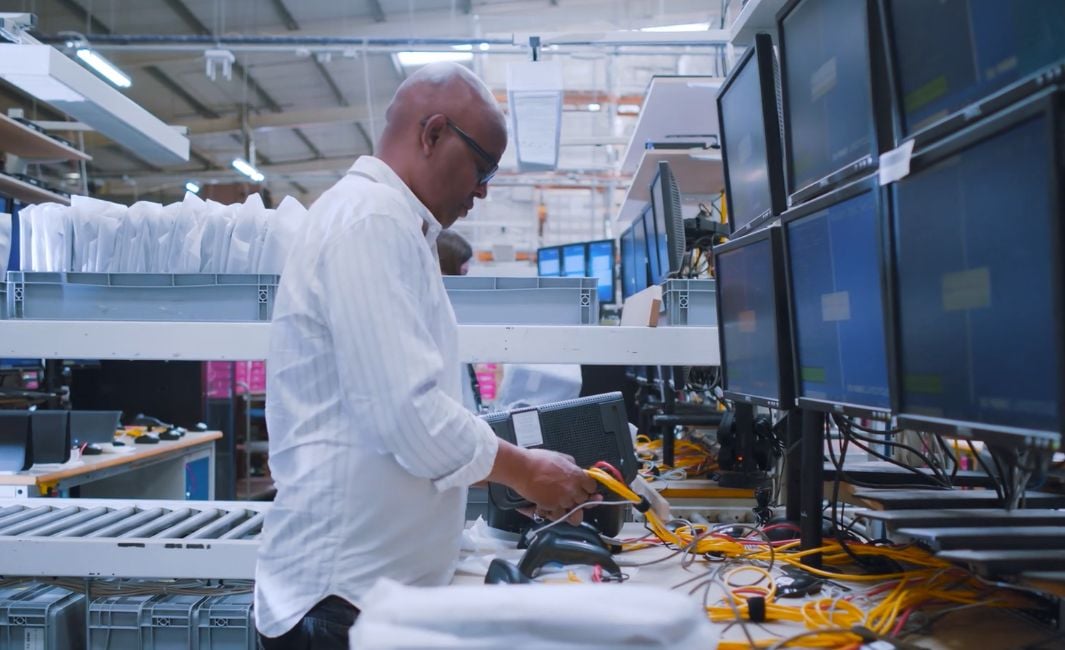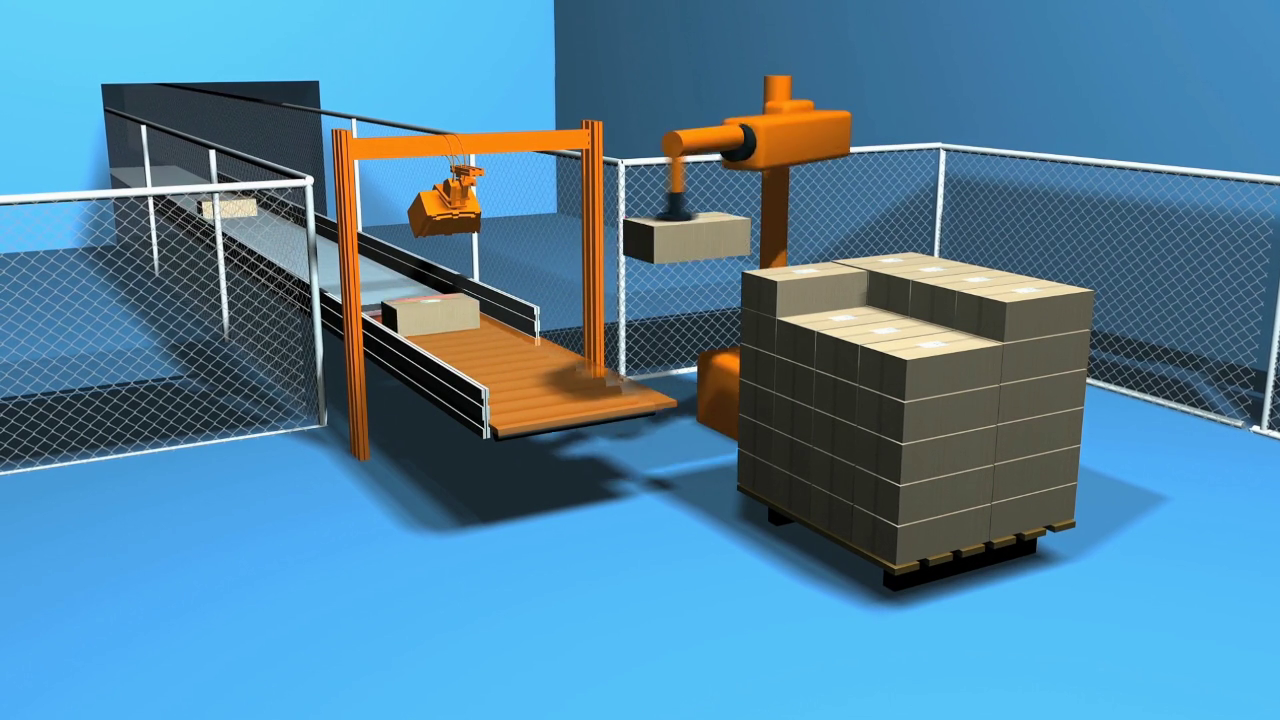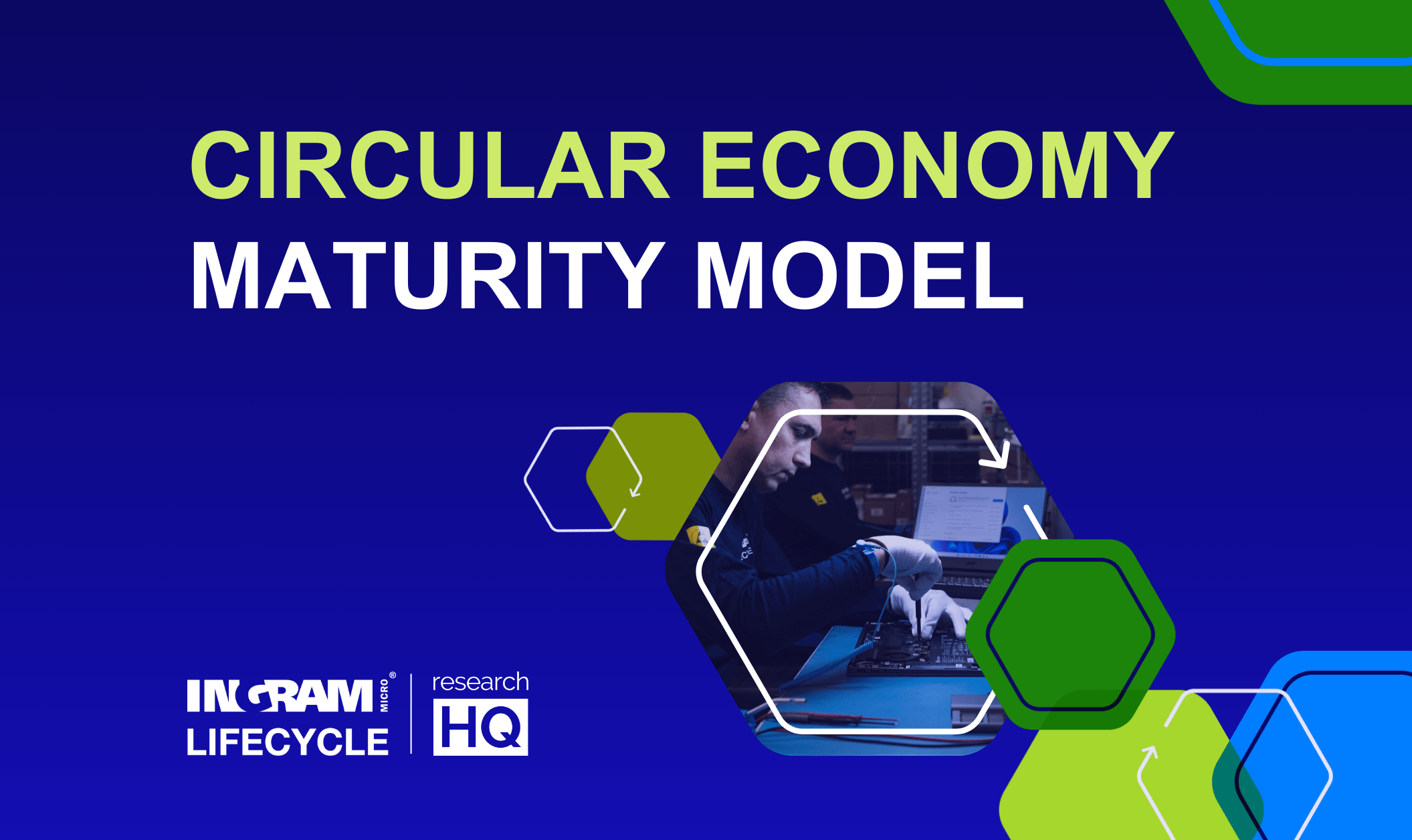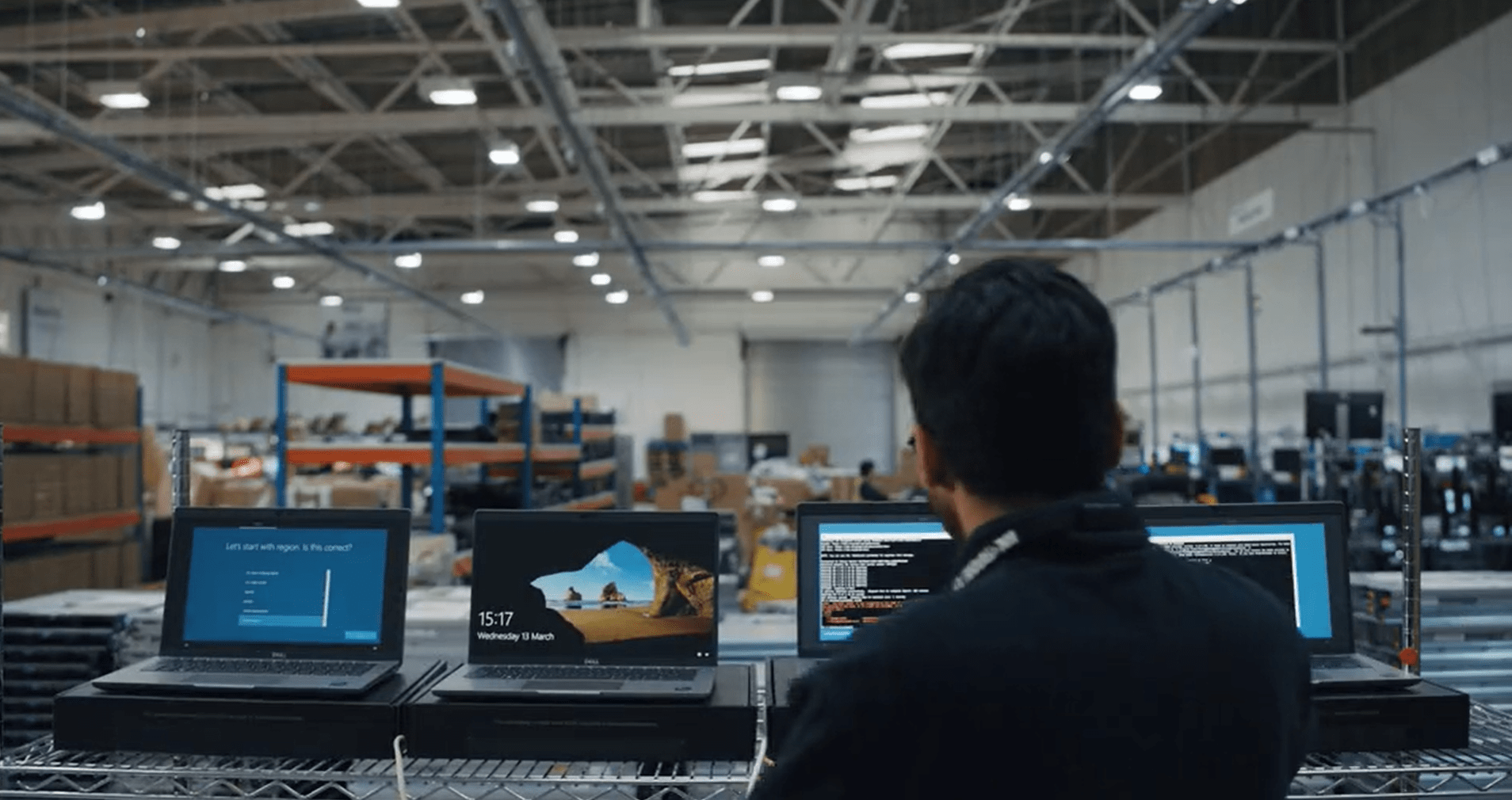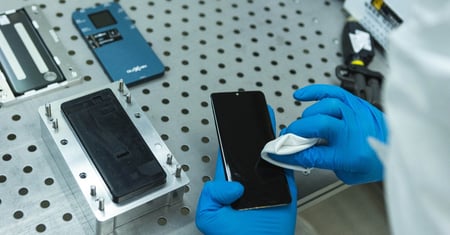Are you concerned about the environmental impact of your IT assets once they reach the end of their useful life? Or perhaps you’re seeking ways to implement sustainable practices across your IT operations.
Ingram Micro Lifecycle partners with businesses globally to optimize the lifecycle management of IT and technology assets. Through comprehensive end-to-end services, we facilitate repair and refurbishment processes, extending the longevity and value of your technology investments.
In the following discussion, we explore the challenges posed by e-waste and outline actionable strategies your business can adopt to minimize its environmental footprint.
What is E-Waste?
The European Union defines e-waste as waste electrical and electronic equipment that relies on a plug or battery. As technology evolves, the variety of consumer goods contributing to e-waste continues to expand, including items such as VR headsets, smart home devices, and advanced sound systems. In the UK, 100,000 tonnes of household electricals become waste every year. Vapes are becoming an additional growing source of e-waste, with nearly 5 million discarded every week in the UK.
It’s impossible to get an accurate figure on the tonnage of waste goods that litter the planet. Much e-waste pre-dates recording attempts. Some e-waste is shipped to countries that lack the infrastructure, processes, or legislation to protect against unsafe e-waste handling. Other countries may have legislation but lack enforcement so a struggle has ensued for consistent regulation.
Business contributors to e-waste
In addition to consumer goods, business equipment significantly contributes to e-waste volumes. This includes internal technology infrastructure like servers, laptops, and smartphones. This growing category highlights the intersection of technological advancement and environmental responsibility.
In recent years, there has been a rise in the need for laptops, mobiles, and second screens to facilitate the shift to hybrid and remote working. Mobility devices are now essential for their flexibility. This transition often renders older desktop PCs redundant, leaving them at risk of contributing to the growing e-waste crisis. Proper handling, including secure data wiping and partnering with disposition services, is crucial to recover materials sustainably.
As the number of devices in circulation grows, so does the responsibility to manage their end-of-life properly. What strategies do you have in place to address this challenge?
The rising e-waste figures cannot be ignored. The urgency is clear: action is needed to curb the mounting environmental impact of discarded technology and improve the sustainability of your business.
The circular economy: a solution
Transitioning from a linear economy to a circular one is not a one-size-fits-all solution, but it is a significant step toward reducing e-waste.
A circular economy focuses on extending the lifecycle of existing products. Instead of purchasing new technology, we can shift to acquiring devices that have undergone professional repair and refurbishment. This approach not only curtails e-waste generation but also reduces the carbon emissions associated with manufacturing new electronics, contributing to a healthier planet by minimizing harmful greenhouse gases.
Eventually, even refurbished products will reach the end of their usable life. At that point, proper disposal and recycling processes are essential to manage the resulting e-waste responsibly.
Take a moment to consider how many devices you interact with daily—each one a potential source of e-waste. Does the number surprise you? Now imagine the impact of adopting a circular approach, both at home and in your workplace.
Depot services support circularity
Depot services are designed to help enterprises extend the useful life of their IT assets, such as company-provided smartphones and laptops. These devices empower employees to work flexibly and are often subjected to heavy daily use, leading to wear and tear.
To maintain high standards and functionality, depot services process these technologies through targeted repair and refurbishment. By keeping equipment in optimal condition, businesses can delay the need for replacements—whether brand-new or refurbished—thereby reducing the eventual generation of e-waste.
Prolonging the lifecycle of your equipment delivers significant cost savings. By continuing to use existing assets, your business minimizes the frequency of large-scale investments in new devices. Depot services ensure repairs are conducted only when necessary, optimizing costs while maintaining quality.
This approach also aligns with sustainability goals by lowering your carbon footprint. The production of new technology depletes natural resources through mining and manufacturing, processes that contribute heavily to carbon emissions. Relying on refurbished equipment eliminates the emissions associated with these supply chains, making your operations more environmentally friendly.
When equipment can no longer be effectively repaired or refurbished, compliant disposal becomes critical. Depot services manage this process, ensuring secure data wiping to protect sensitive information and adhere to data protection regulations. Recovered components can be reused in other devices, reducing repair costs and minimizing waste.
When it’s time to upgrade, depot services can assess your outgoing technology for value recovery. Repair and refurbishment add value to assets before resale on secondary markets, potentially offsetting the cost of new purchases.
As hybrid and remote work become the norm, keeping track of company-owned devices is essential. A depot services partner can take on this responsibility, managing the onboarding process for new employees by configuring and dispatching necessary equipment. Similarly, they handle the reclamation of technology from departing employees, restoring these devices for reuse within the organization. Secure data wiping and thorough refurbishment ensure the equipment is ready for its next user, further extending its lifecycle.
By leveraging depot services, businesses can achieve cost efficiency, enhance sustainability, and maintain operational flexibility while effectively managing their IT estates.
Boost the sustainability of your IT assets
Through more efficient management of your technology assets via a depot services partner, you can reduce your business e-waste contributions and become more sustainable.
Ingram Micro Lifecycle's mission is to enable a circular economy for IT, mobility, and electronic equipment. We provide solutions that restore devices to near-new condition using certified processes and Original Equipment Manufacturer (OEM) parts. These measures ensure products remain in optimal working order for as long as possible.
Partnering with us means reducing your company’s e-waste output, aligning with your Environmental, Social, and Governance (ESG) goals, and recovering value from your assets.
Find out more about our depot services or contact us today.
Related articles:



